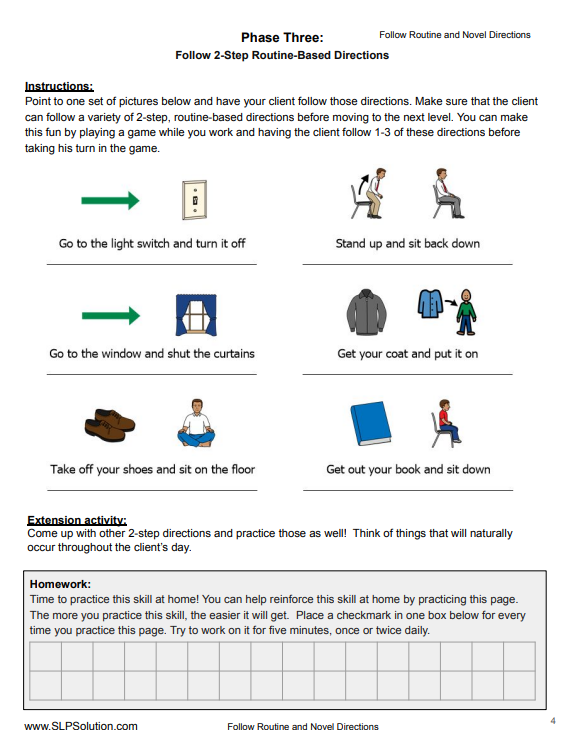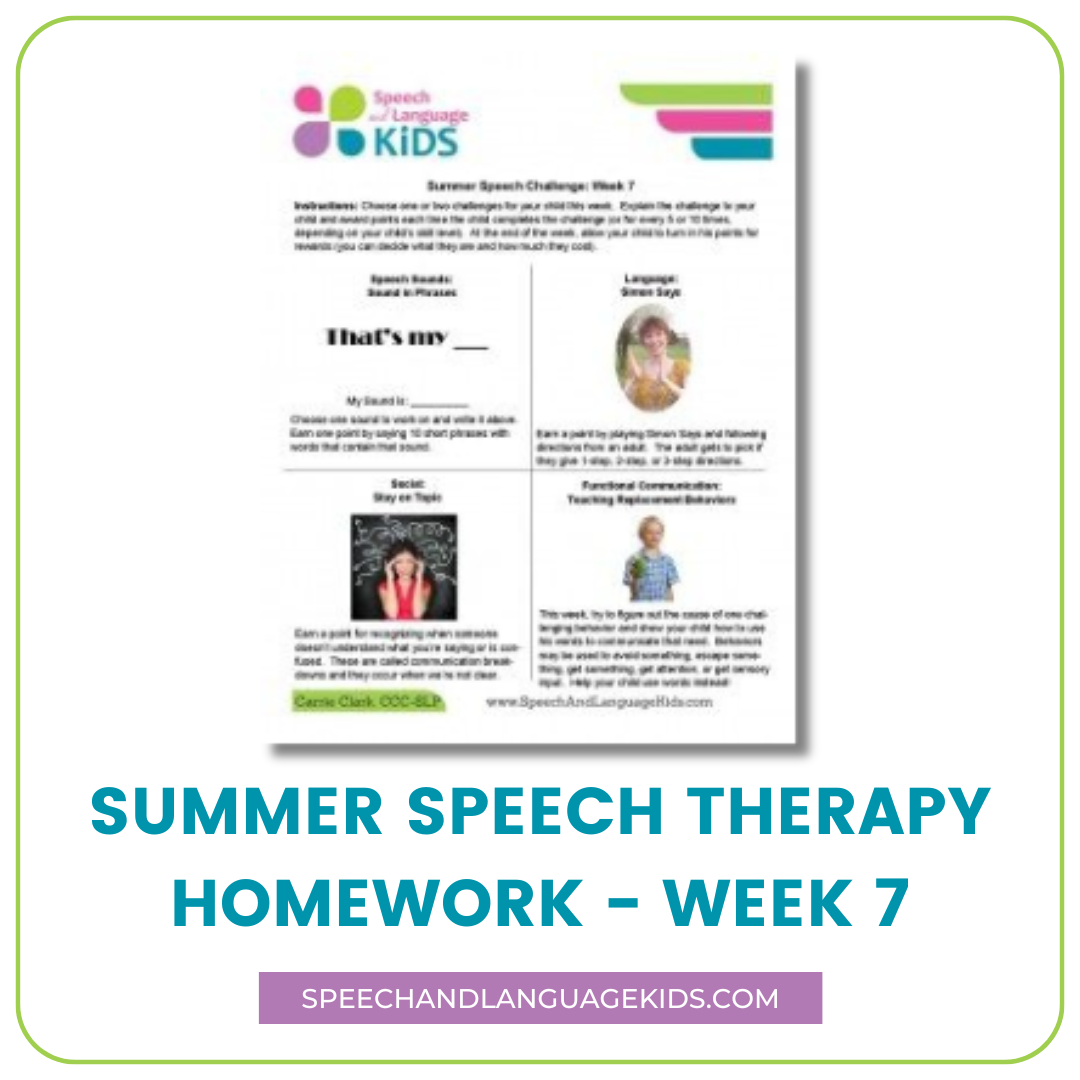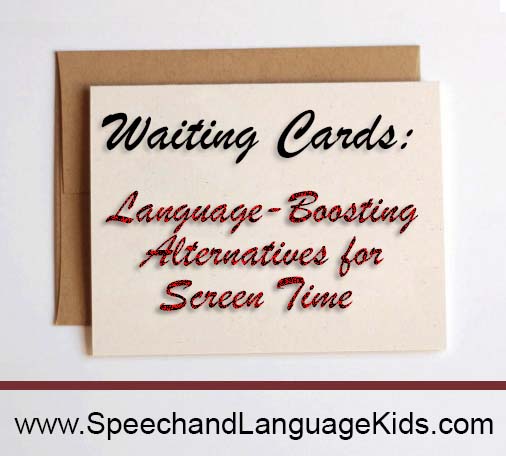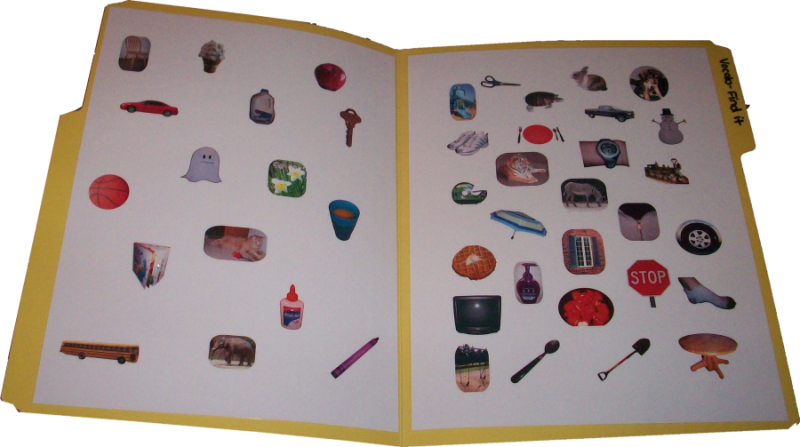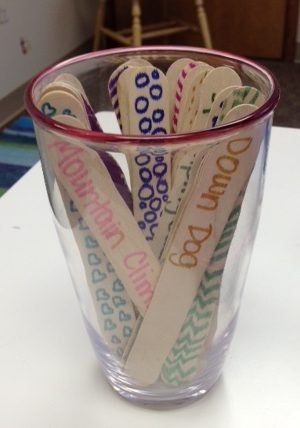Receptive Language Delay: Speech Therapy and Activities
What is Receptive Language Delay?
Receptive language delay is a broad diagnosis that simply means that a child has trouble understanding language. This covers a wide variety of language skills and the child may have trouble with all of those skill, or only one or two. A child with a receptive language delay may also have an expressive language delay. That means that the child would have trouble using language appropriately as well.
What is the Treatment for Receptive Language Delay?
Children with receptive language delays benefit from language therapy from a certified speech-language pathologist. Since this is a broad diagnosis, the therapy is specifically targeted at whatever language skills the child is having the most trouble with. The therapies are specific to the language skill in question. A speech therapist may also be doing language therapy for expressive language skills at the same time to improve overall communication. There are also many things that a parent can do at home to improve receptive language. Keep reading to find activities and resources about the different types of receptive language skills.
Following Directions
One of the best indicators of a child’s receptive language skills is his ability to follow directions. Now, when I say “ability to follow”, I mean that the child understands how to follow directions. Whether or not he chooses to actually do so is an entirely different skill! Here are some activities and resources for helping a child learn to follow directions:
How to Get a Child Following Directions
Following Directions: Step-By-Step Guide (Podcast)
Printable Spatial Concepts Game (Follow directions with spatial concepts)
Cooking Activities for Speech and Language (Follow directions on a recipe)
Printable Following Directions (and sequencing) Game
Following Directions with Yoga Activities
Craft Activities for Speech and Language (Follow directions to complete the craft)
Echolalia: When Children Repeat What You Say
Answering Questions
Children with receptive language delays often have difficulty understanding questions that are asked to them. They may confuse the different “wh-” question words. For example, if you ask the child a “who” question, they may respond with a place instead of a person. This means that they are not understanding what that “wh-” question word means.
Asking and Answering Questions Resource Page
Vocabulary
Children with receptive language delays may also have trouble understanding vocabulary words. This may impact their ability to understand what someone is saying to them as well as impact their ability to learn new concepts. Here is a page all about learning vocabulary:
Listening
Children with receptive language delays are likely to have trouble with any activity that involves listening, especially language-heavy tasks. If you are working with a child who is having trouble with listening, start with some simple listening activities that don’t involve language. You can have the child listen to different environmental sounds, like vehicle or animal noises and then guess what those things are called. Then, you can move up to slightly harder listening activities, like repeating back spoken words or sentences. Some other ideas are listening for a repeated word or line in a children’s book (such as listening for the phrase “go away” in Go Away Big Green Monster), answering questions about a story or short paragraph read aloud, or following clues to find something that is hidden when the clues are only given verbally.
Figurative Language
Children with language delays often have difficulty understanding and using figurative language such as idioms, similes, and metaphors. Click the link below to find out how to teach these to a child:
How to Teach Figurative Language
Making Inferences
Children with language delays often have difficulty making inferences about what’s going on around them or when they are reading. Click the link below to learn more about helping a child make inferences:
Browse All Receptive Vocab Articles:

About the Author: Carrie Clark, MA CCC-SLP
Hi, I’m Carrie! I’m a speech-language pathologist from Columbia, Missouri, USA. I’ve worked with children and teenagers of all ages in schools, preschools, and even my own private practice. I love digging through the research on speech and language topics and breaking it down into step-by-step plans for my followers.
Connect with Me:

